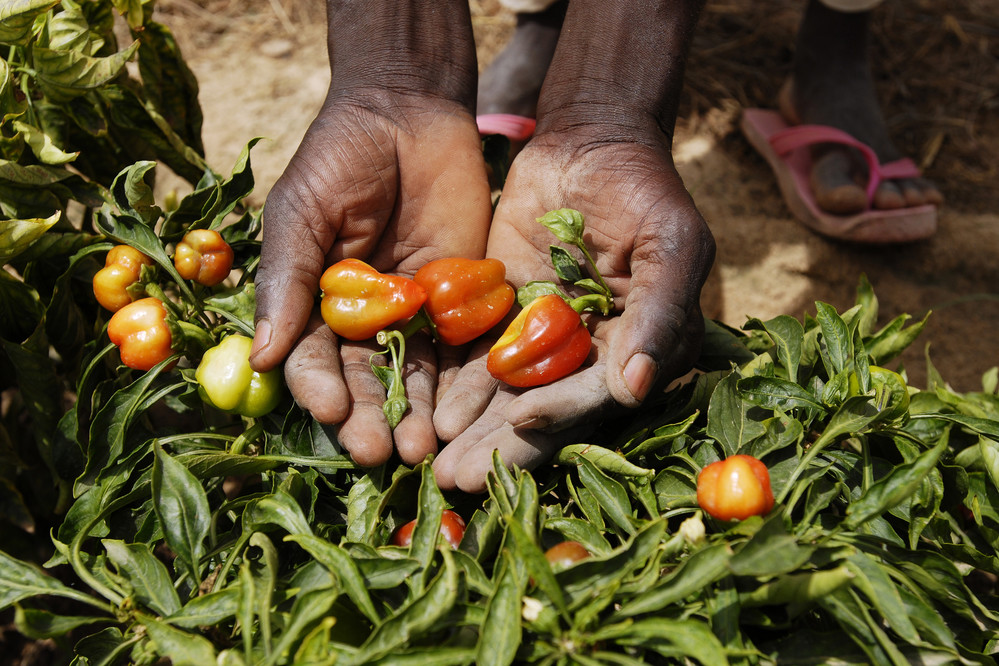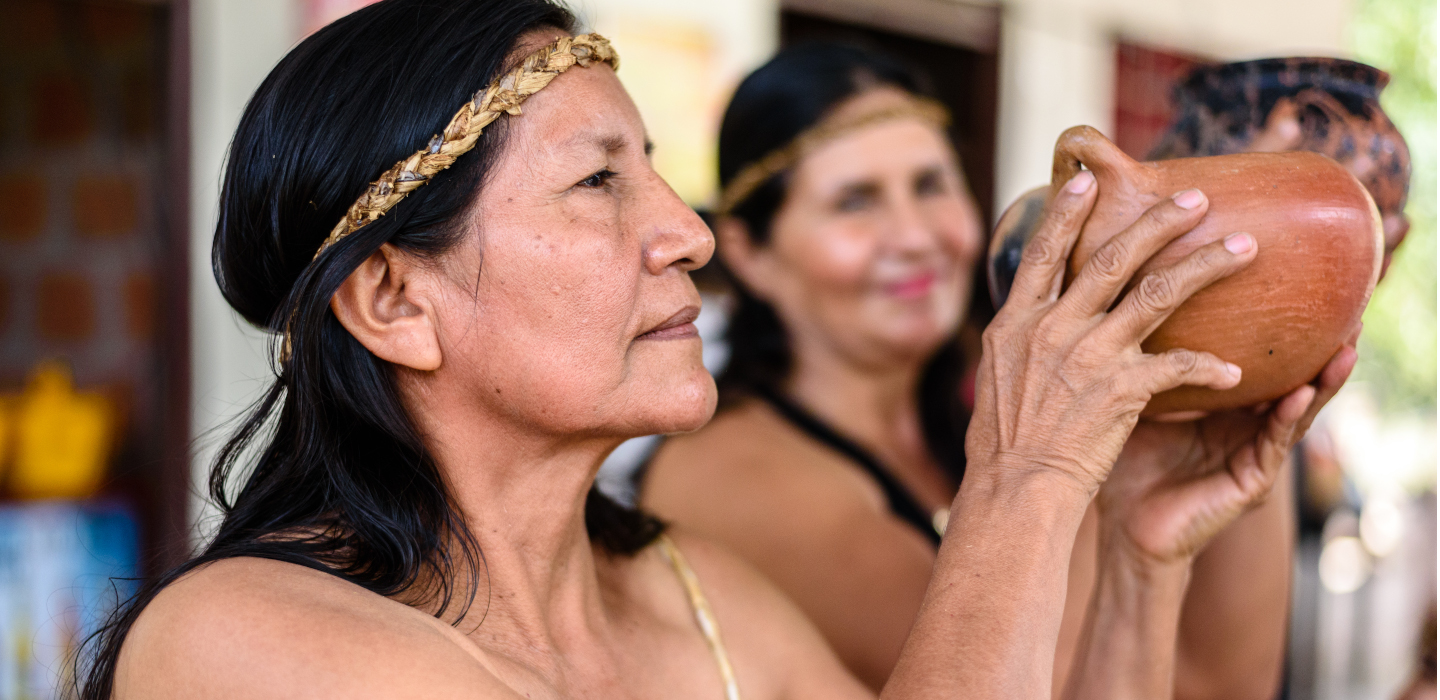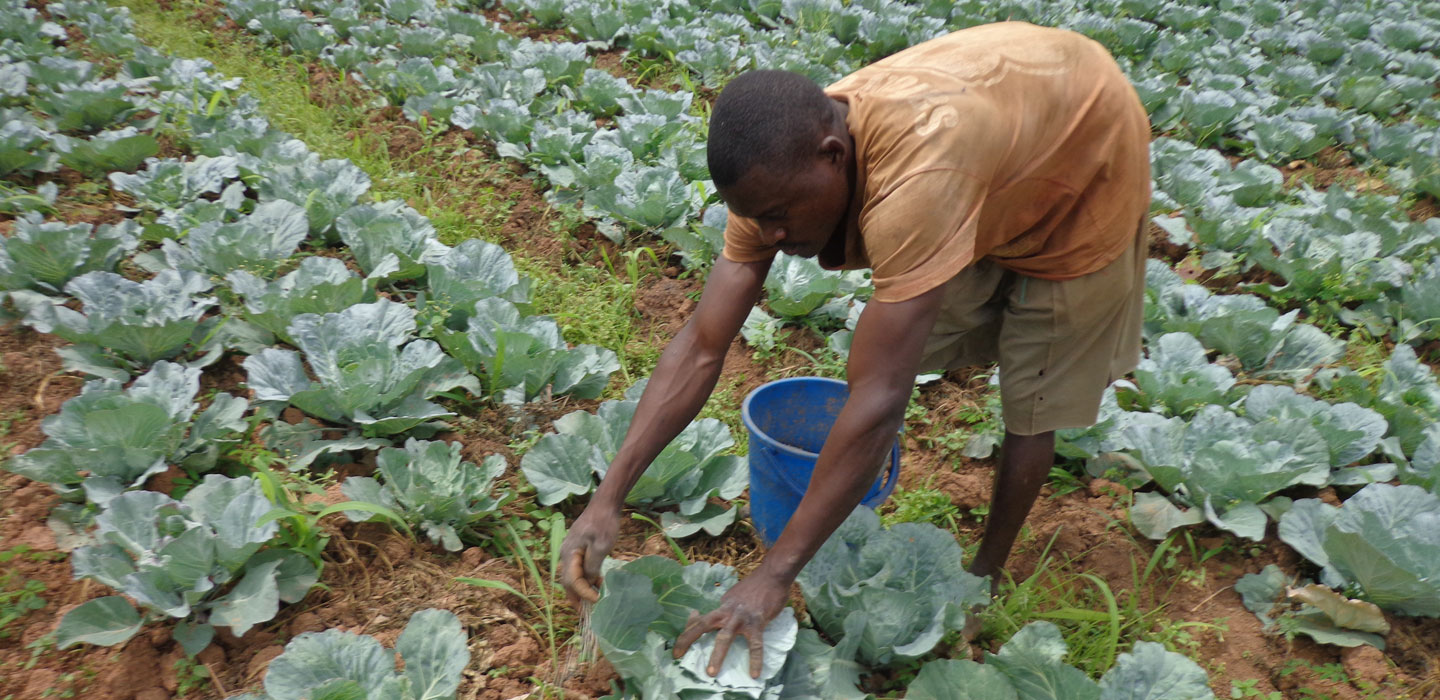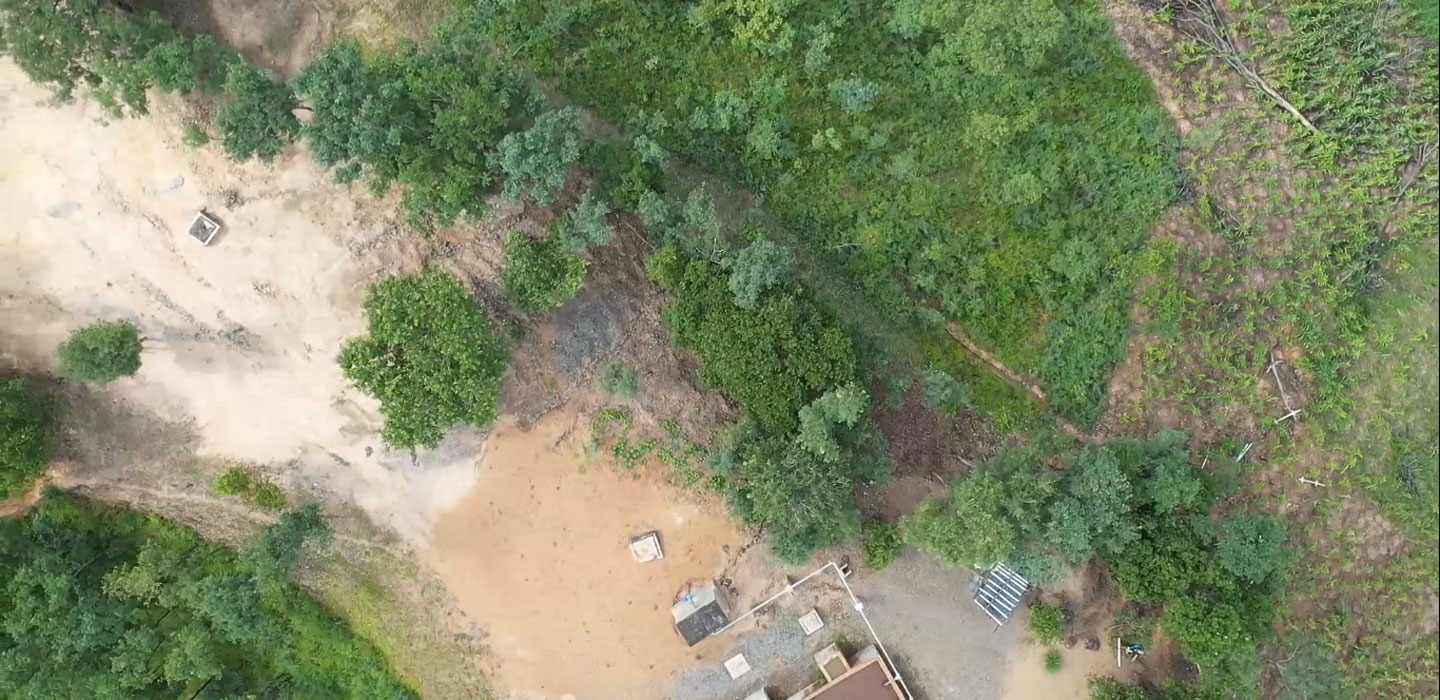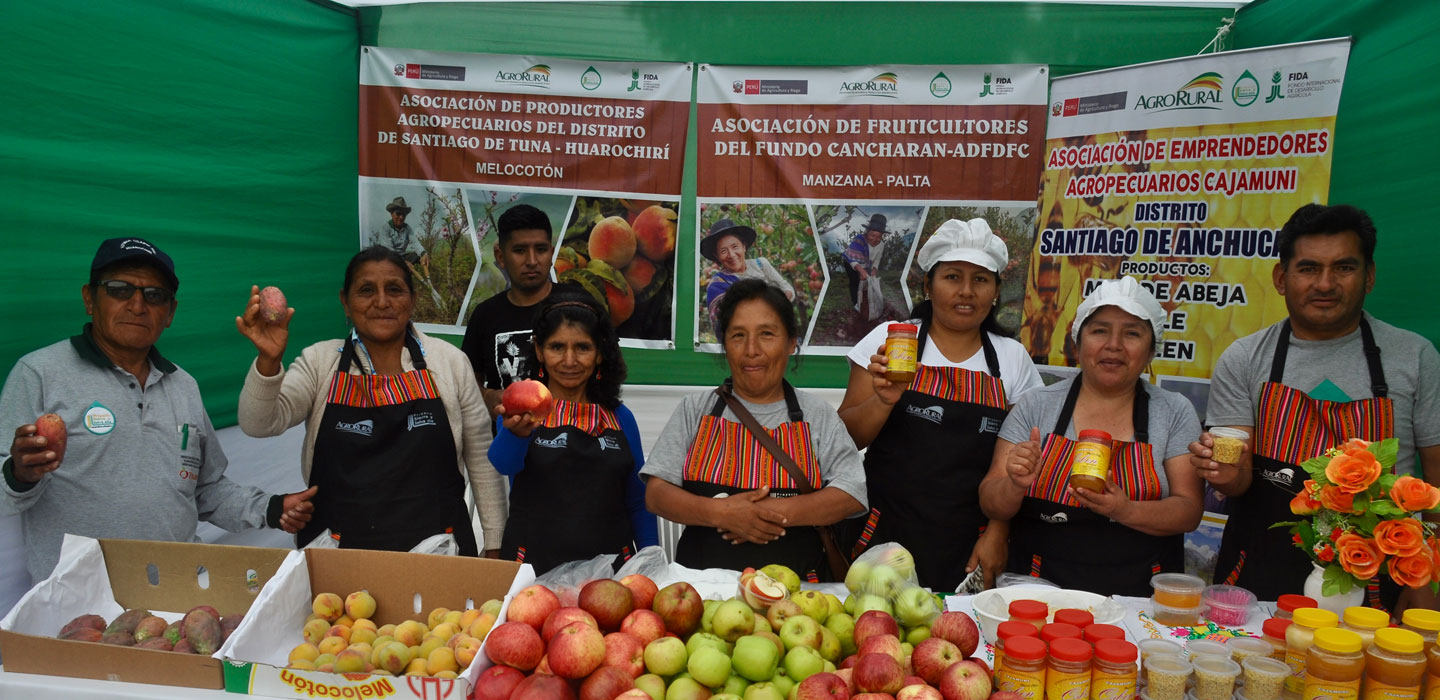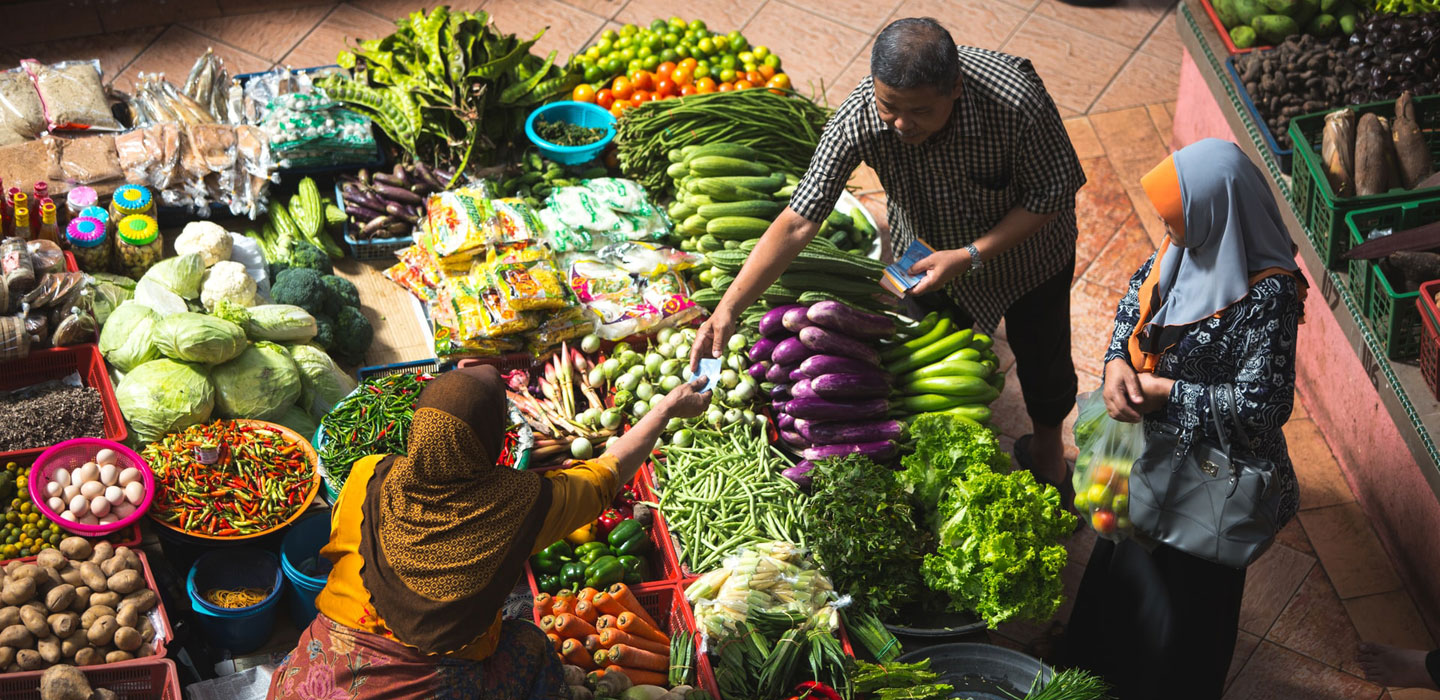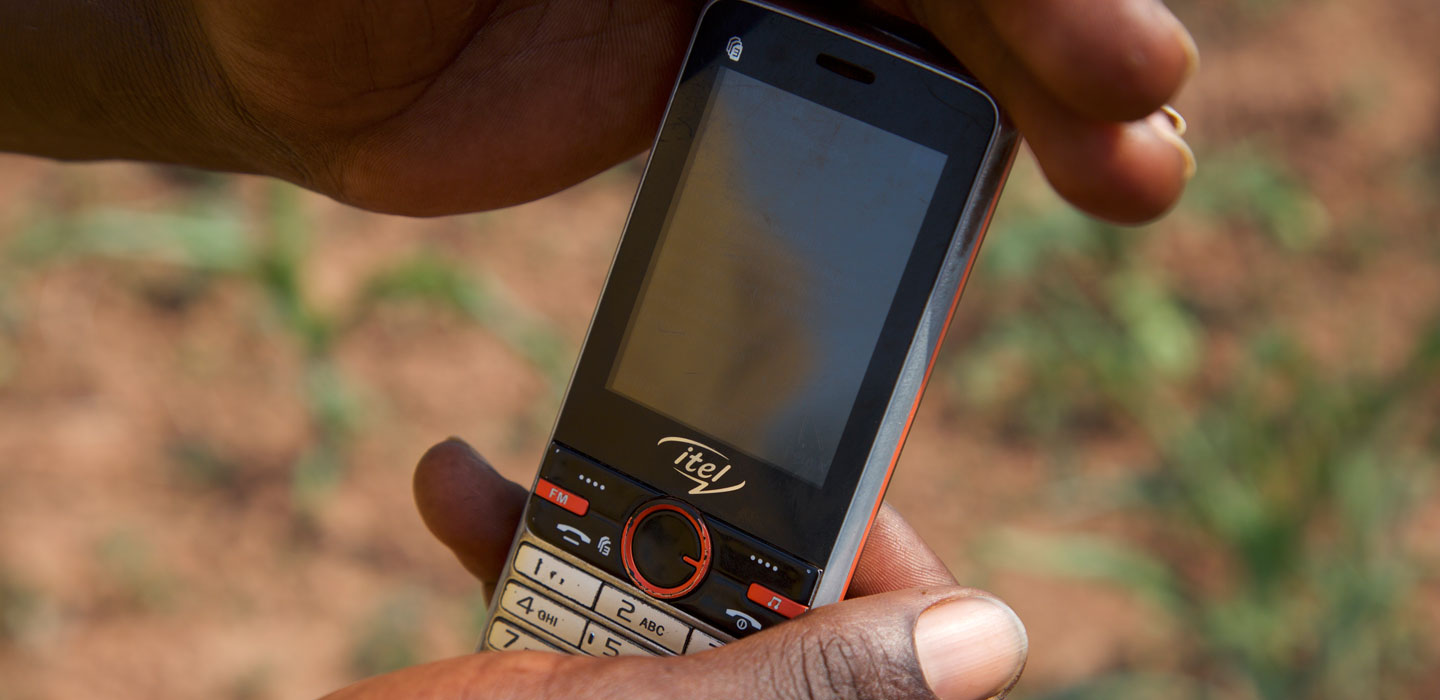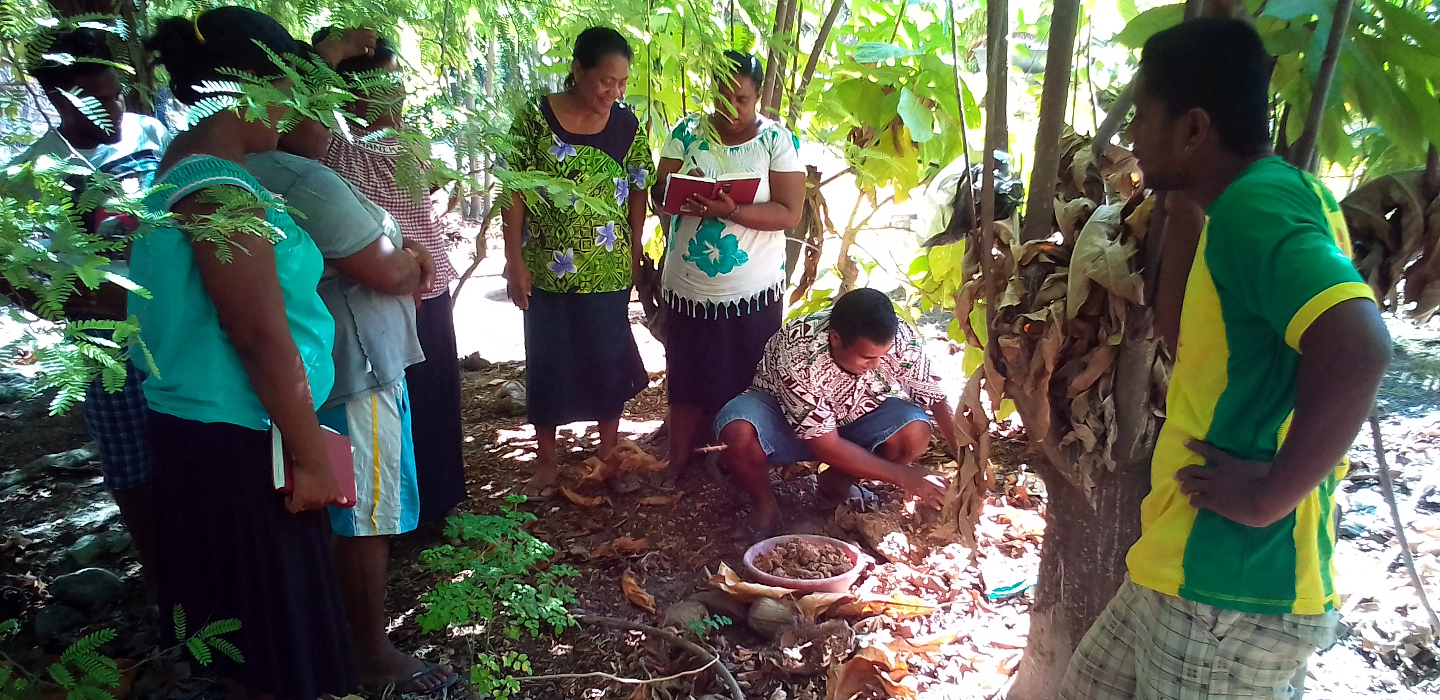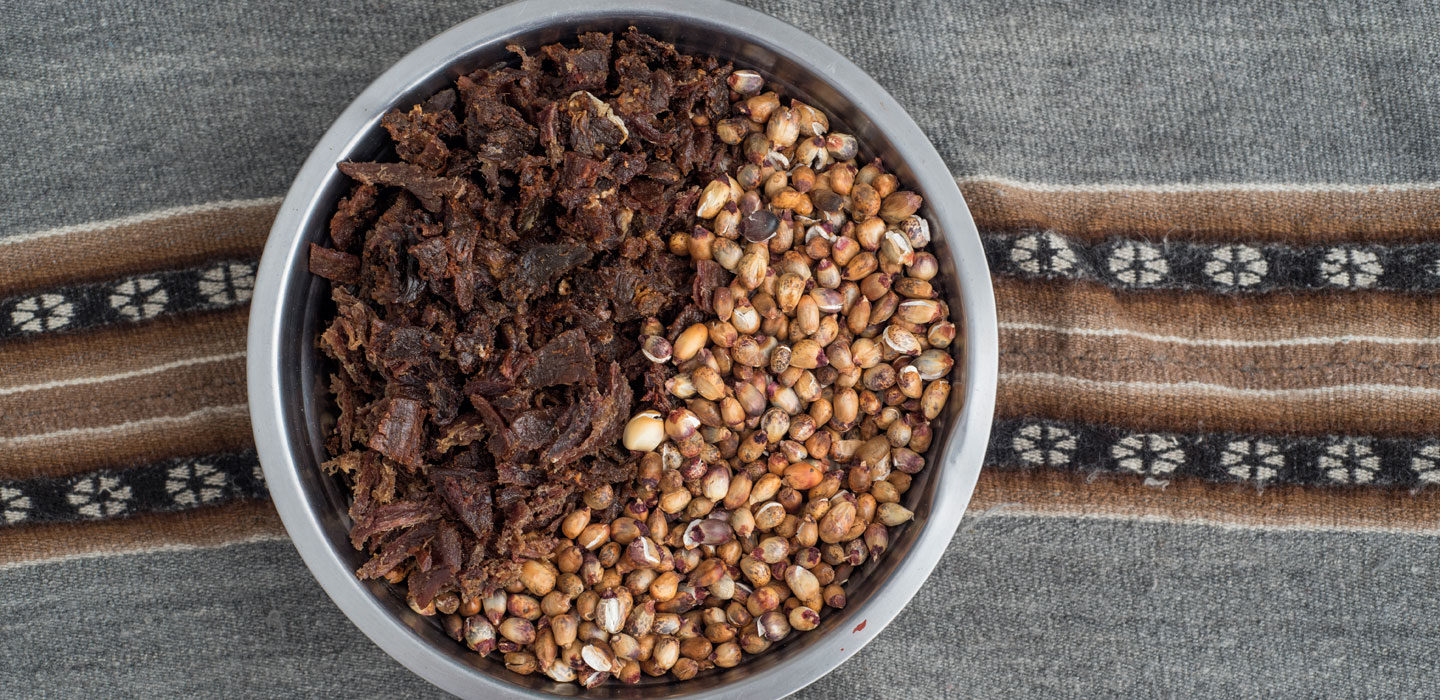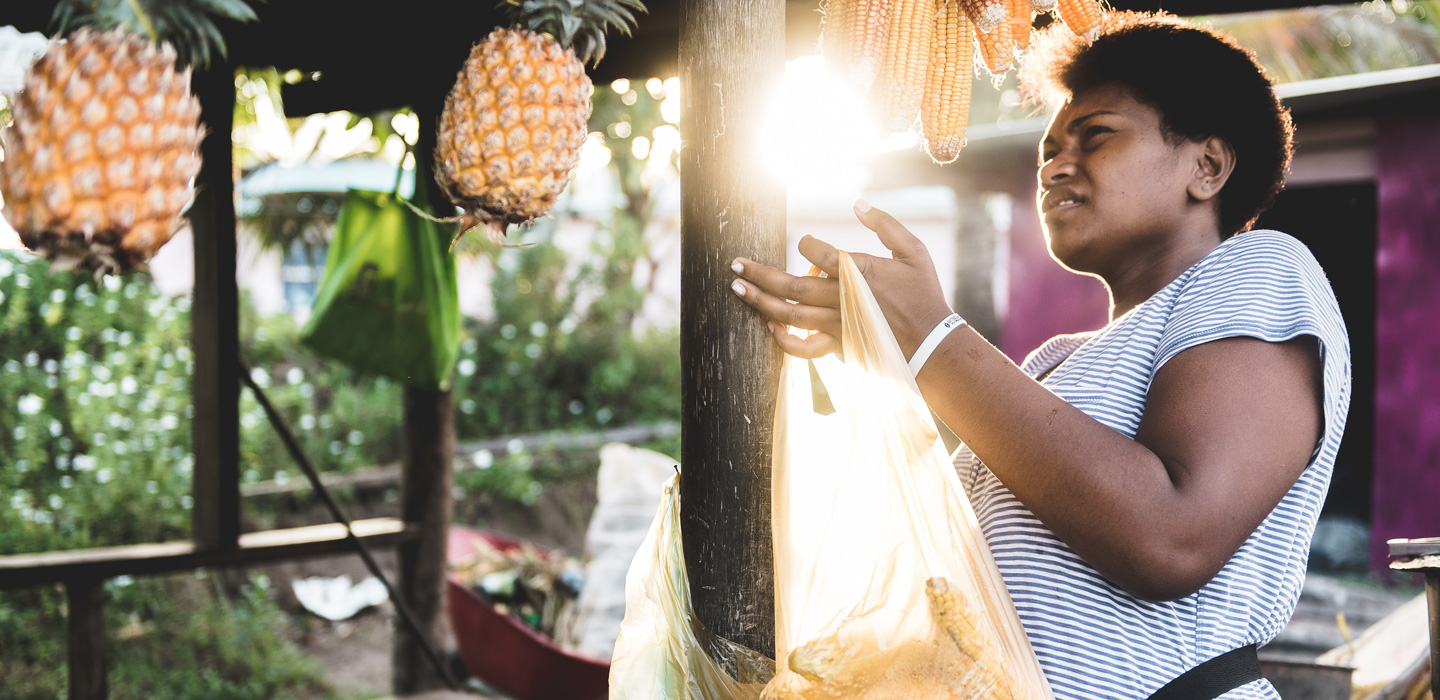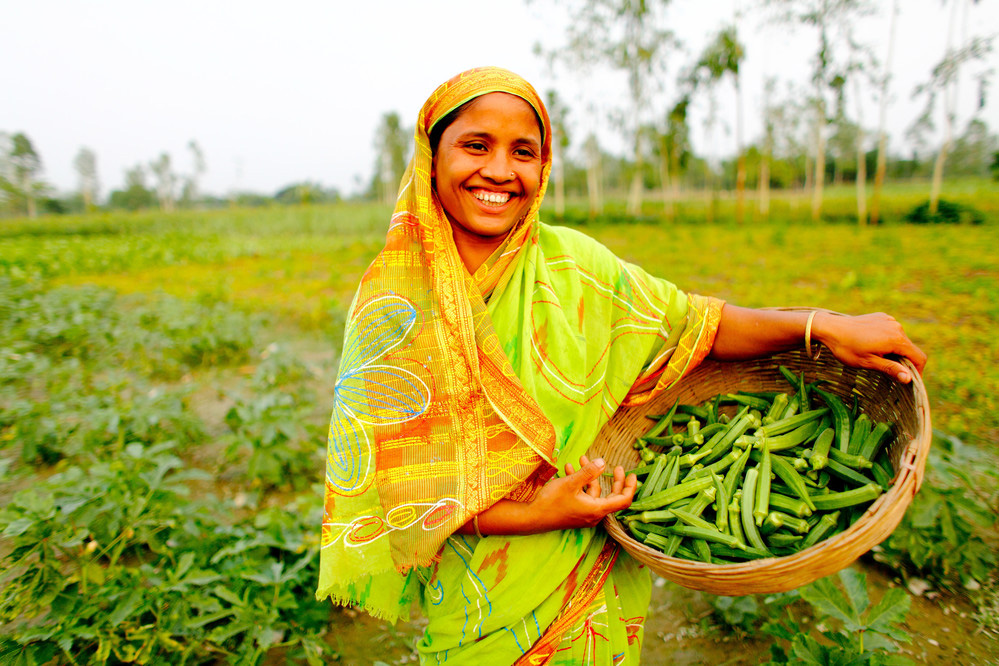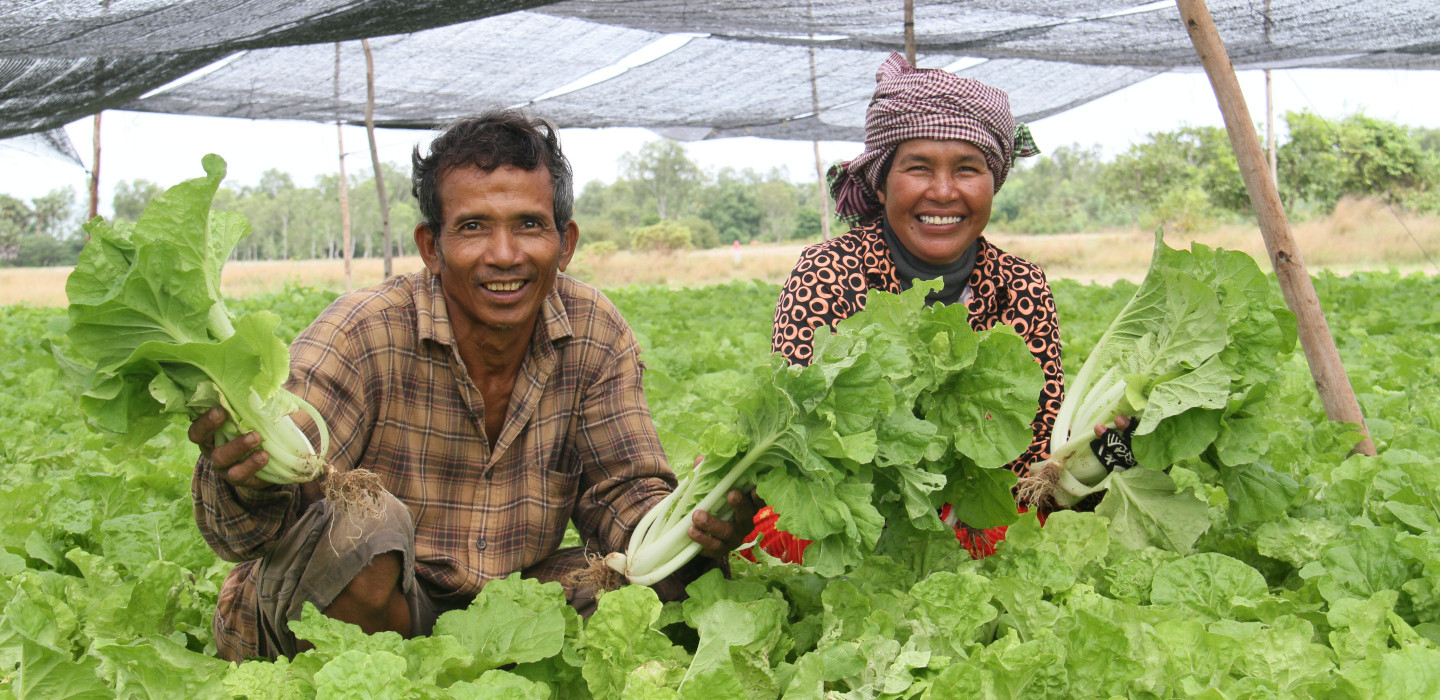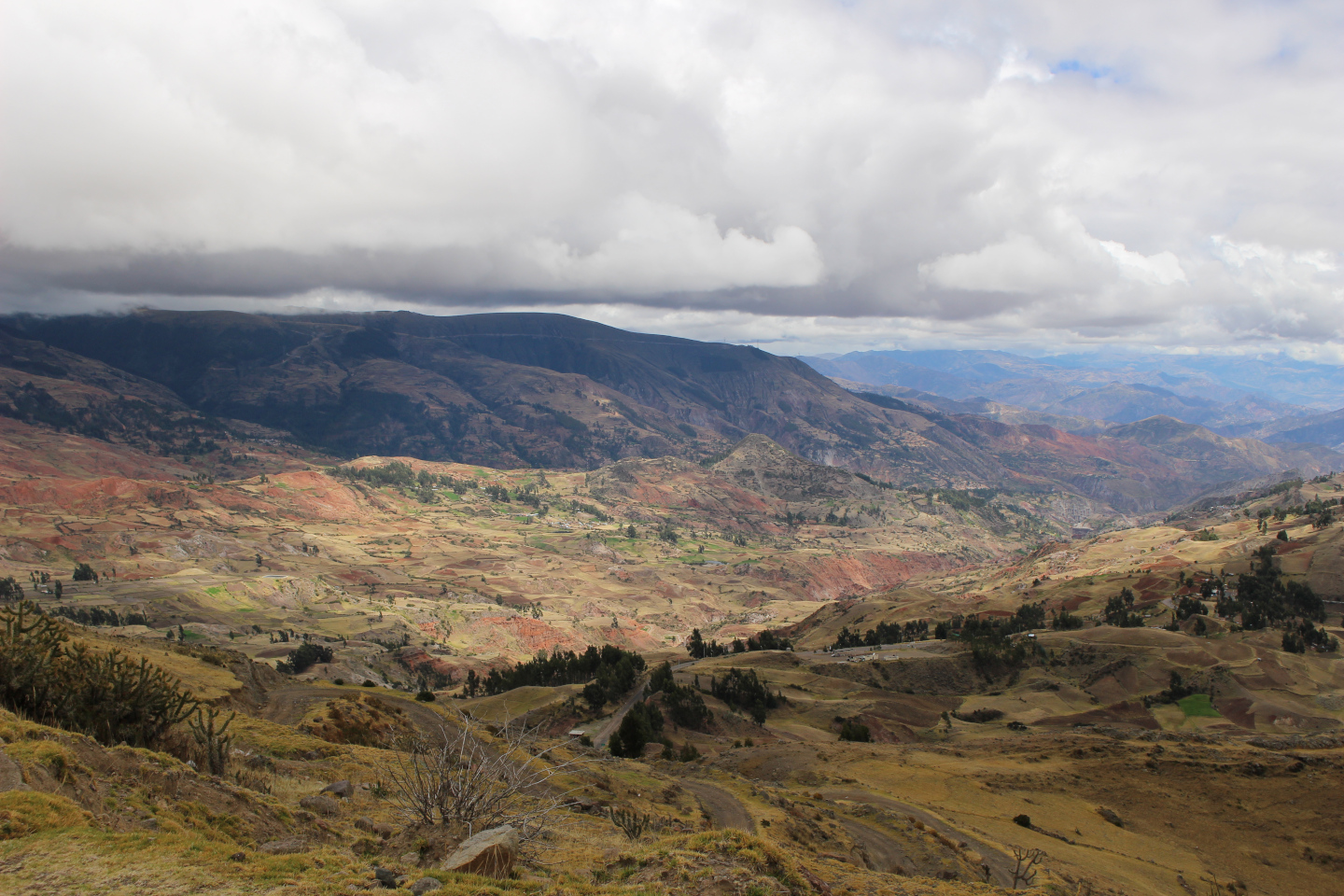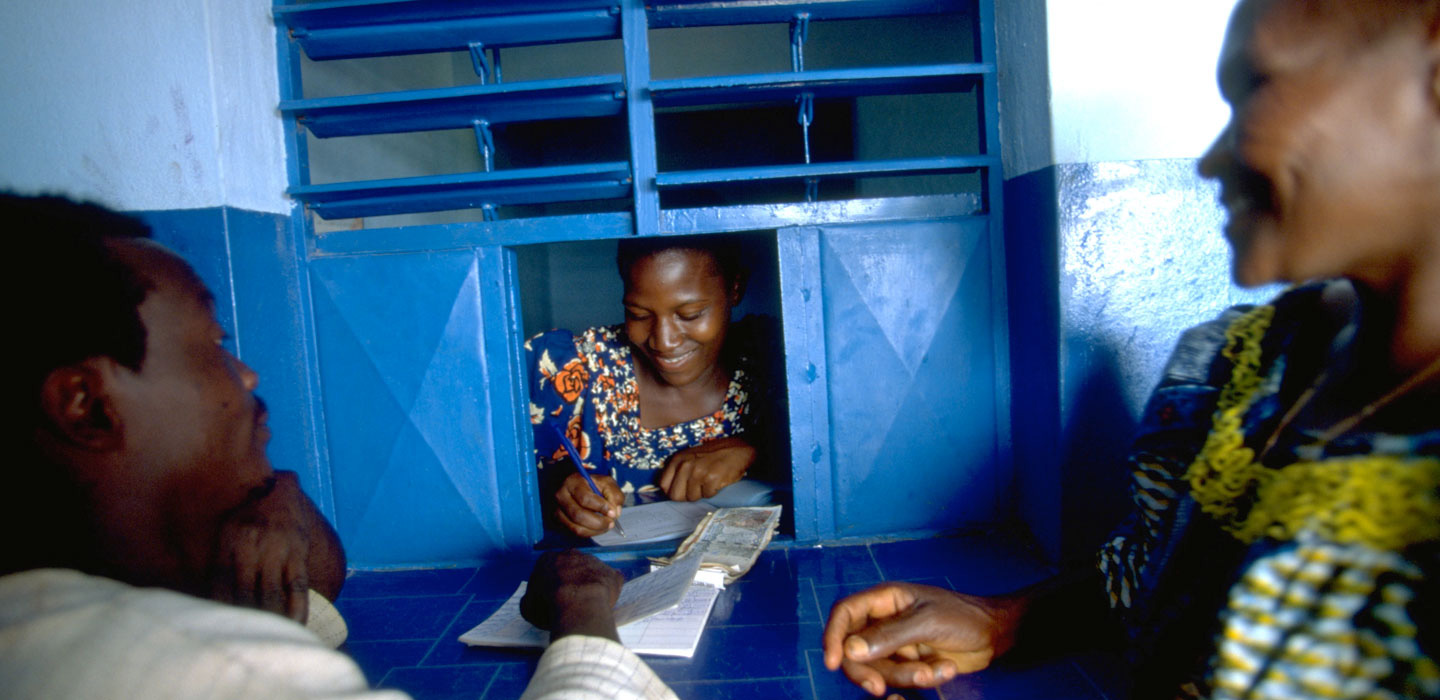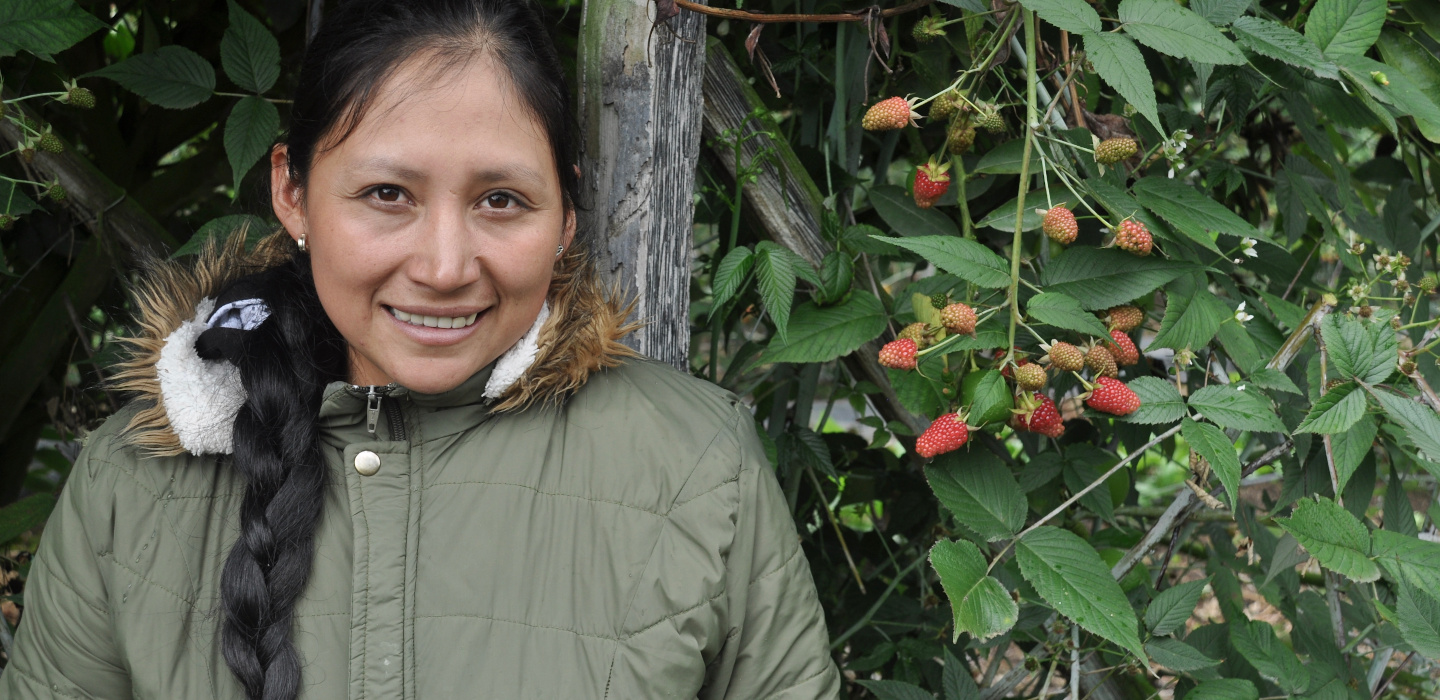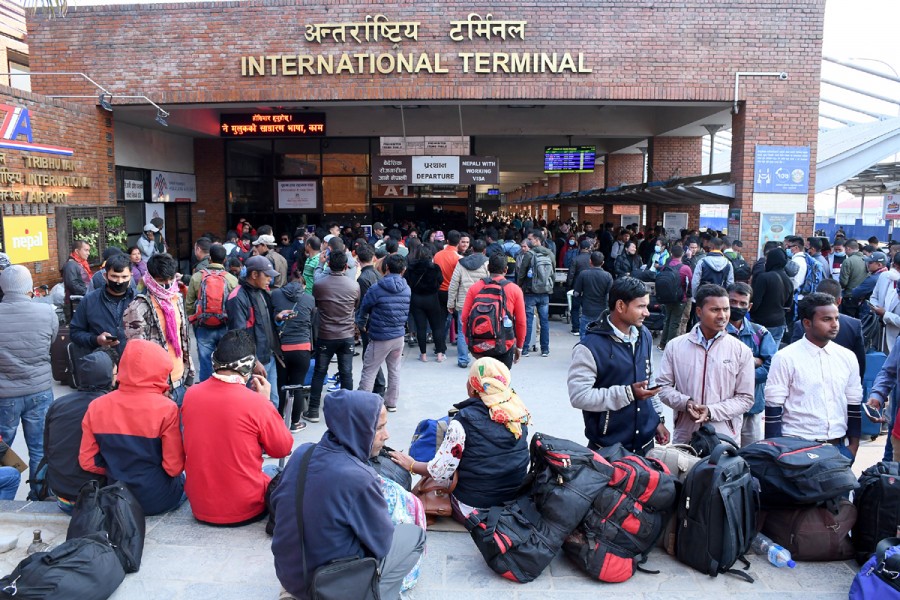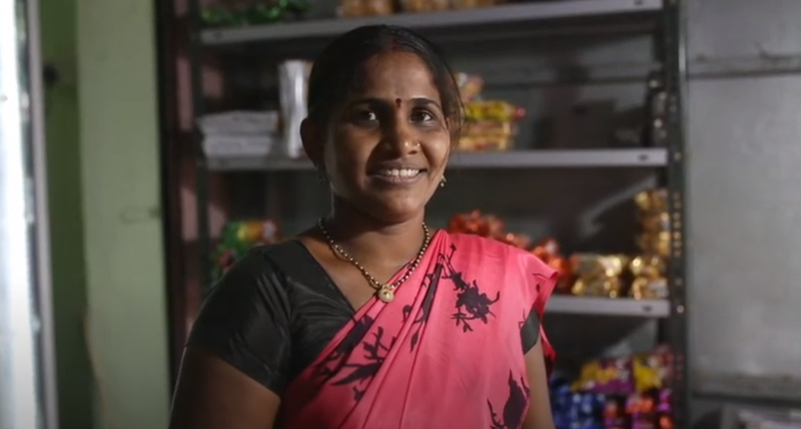Latest
Latest

Latest
Manual Submenu Topics
SearchResultsFilters
Search Results
IFAD invests €77.7 million in Niger for food and nutrition security and climate change resilience
The International Fund for Agricultural Development of the United Nations (IFAD) today announced a new project that will boost support for about 210,000 poor rural households in Niger that are vulnerable to climate shocks and food insecurity.
Indigenous knowledge – and resilience – in a COVID-19 world
It is increasingly clear that human health and our relationship with nature are inescapably intertwined. This holds true across many dimensions of health, including the potential for the transmission of disease – just as we are seeing with the current COVID-19 pandemic.
The Democratic Republic of the Congo and IFAD partner for better nutrition and resilience for small-scale farmers facing COVID-19
The International Fund for Agricultural Development (IFAD) today announced support for a new programme in the Democratic Republic of the Congo (DRC) to reduce poverty, increase productivity and incomes, improve food and nutrition security, and build the resilience of more than 410,000 small-scale farmers households.
Location, location, location: Why using GIS in rural development projects is fundamental
Knowing the geographic location of people or things helps us to monitor well-being and assess the impact of events.
The red gold of Azilal: How thyme and saffron empower women in Morocco's High Atlas
Fatima Amaguar came home from university with an idea.
Peru: New IFAD-funded project to help family farmers to increase productivity and recover from COVID-19
The Government of Peru and IFAD signed a financing agreement today for a new project to help family farmers increase their competitiveness and resilience, and to recover from the COVID-19 impact.
One small step: Empowering micro-, small and medium businesses across South Asia
It is something of a paradox that, while there is broad agreement that micro-, small and medium enterprises (MSMEs) are an integral part of the economy in developing countries, they remain underserved.
Stepping up rural finance to support smallholder farmers in Zambia
The COVID-19 pandemic is creating disruption - but sometimes offers opportunities for innovative solutions for rural farmers.
Looking inward: I-Kiribati fight a double health crisis
COVID-19 is not the only health crisis threatening to devastate the population of Kiribati. Cases of diet-related non-communicable diseases (NCDs) have tripled between 2005 and 2010.
From La Paz to Turco: Going back to the roots to start a new life
Guadalupe Moller lives in Turco, a small community in rural western Bolivia. She’d spent most of her life in La Paz, Bolivia’s capital, but four years ago she moved back to Turco, where her family’s roots are.
Catching up with Recipes for Change Chef Lance Seeto
Chef Lance Seeto is an icon of South Pacific cuisine. He’s also been a supporter of IFAD’s Recipes for Change campaign for more than five years now.
Young People in Agriculture – Before, During and After COVID-19 - Episode 9
IFAD is helping young people in agriculture evaluate the COVID-19 crisis and build their resilience for the future. In this episode, we hear from nine different voices on this important topic.
Interview with Recipes for Change Chef Bela Gil
“I joined this project because I believe food can really change the world.”
Never let a good crisis go to waste
Small-scale farmers face multiple challenges in Cambodia - with limited access to credit and vulnerability to climate change.
Back to the Roots: Innovating with sustainable gastronomy
What comes to mind when you hear the words “sustainable gastronomy”? Some of us focus just on the cuisine and think about delicious – and perhaps costly – dishes.
Photo contest shows how Latin American and Caribbean rural youth see their own lives
It’s not often that we have the opportunity to see how rural people see themselves. International organizations like ours tell their stories armed with cameras, notebooks and laptops – and, of course, our own point of view, which is important to compare with theirs.
On International Day of Family Remittances, IFAD calls for remittance service providers to be declared essential businesses in times of crisis
With the significant decline in money sent home by migrants due to the impacts of the COVID-19 pandemic,IFAD today called for governments across the world to declare remittance service providers essential businesses in times of crisis.
The difference four years makes: A small Ecuadorean town goes from subsistence to prosperity with IFAD’s support
Four years ago, the residents of Chiquicha were just gathering the first fruits of an irrigation project.
Coming back home: The road ahead for migrant returnees in Nepal
Migrants are essential workers; they contribute to the economy of the places they go and, through remittances, to their communities back home.
India: Radiant Women
"Tejaswini" means “a woman who is radiant”. And the one million Indian women who are part of the Tejaswini Rural Women’s Empowerment Programme, are indeed radiant.
